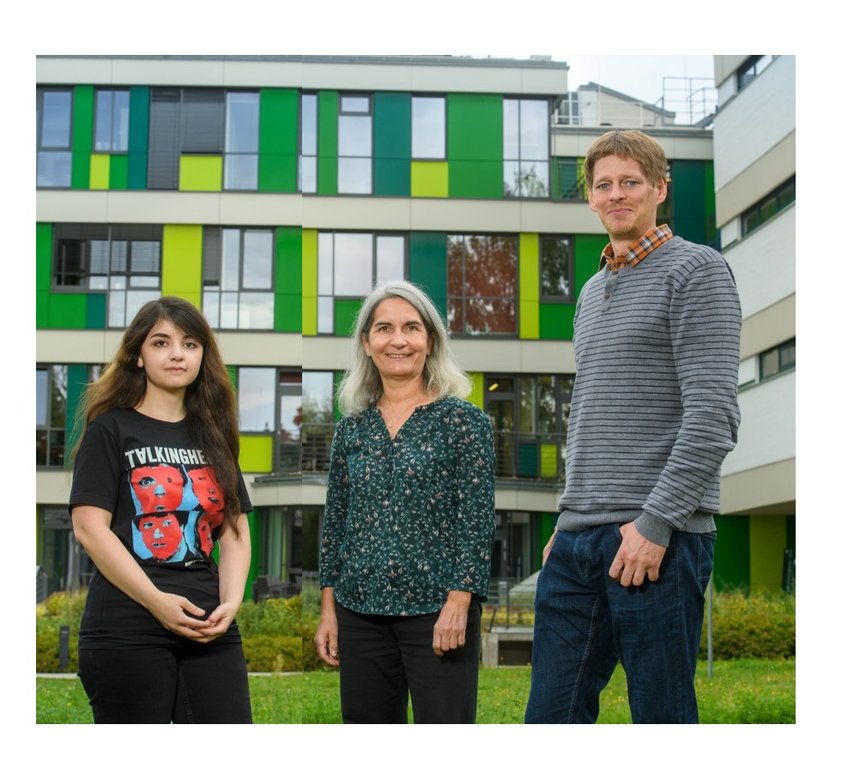
Publications of S. Türkmen
All genres
Journal Article (13)
Journal Article
Copy number genome alterations are associated with treatment response and outcome in relapsed childhood ETV6/RUNX1-positive acute lymphoblastic leukemia. Haematologica 99 (4), pp. 706 - 714 (2014)
Journal Article
Mesenchymal stromal cells of myelodysplastic syndrome and acute myeloid leukemia patients have distinct genetic abnormalities compared with leukemic blasts. Blood 118 (20), pp. 5583 - 92 (2011)
Journal Article
A BACH2-BCL2L1 fusion gene resulting from a t(6;20)(q15;q11.2) chromosomal translocation in the lymphoma cell line BLUE-1. Genes Chromosomes Cancer 50 (6), pp. 389 - 96 (2011)
Journal Article
Homeobox genes d11-d13 and a13 control mouse autopod cortical bone and joint formation. Journal of Clinical Investigation 120 (6), pp. 1994 - 2004 (2010)
Journal Article
Loss-of-function mutations in ATP6V0A2 impair vesicular trafficking, tropoelastin secretion and cell survival. Human Molecular Genetics 18 (12), pp. 2149 - 2165 (2009)
Journal Article
CA8 Mutations Cause a Novel Syndrome Characterized by Ataxia and Mild Mental Retardation with Predisposition to Quadrupedal Gait. PLoS Genetics 5, p. e1000487 - e1000487 (2009)
Journal Article
Genes and quadrupedal locomotion in humans. Proceedings of the National Academy of Sciences of the United States of America 105 (21), p. E26 - E26 (2008)
Journal Article
Cerebellar hypoplasia, with quadrupedal locomotion, caused by mutations in the very low-density lipoprotein receptor gene. European Journal of Human Genetics 16, pp. 1070 - 1074 (2008)
Journal Article
Amplification and translocation of 3q26 with overexpression of EVI1 in Fanconi anemia-derived childhood acute myeloid leukemia with biallelic FANCD1/BRCA2 disruption. Genes, Chromosomes and Cancer 46 (4), pp. 359 - 372 (2007)
Journal Article
Cerebellar hypoplasia and quadrupedal locomotion in humans as a recessive trait mapping to chromosome 17p. Journal of Medical Genetics 43 (5), pp. 461 - 464 (2006)
Journal Article
Brachydactyly type C caused by a homozygous missense mutation in the prodomain of CDMP1. American Journal of Medical Genetics 124A (4), pp. 356 - 363 (2004)
Journal Article
Mutations in NSD1 are responsible for Sotos syndrome, but are not a frequent finding in other overgrowth phenotypes. European Journal of Human Genetics 11 (11), pp. 858 - 865 (2003)
Journal Article
TGGE screening of the entire FBN1 coding sequence in 126 individuals with marfan syndrome and related fibrillinopathies. Human Mutation 20 (3), pp. 197 - 208 (2002)